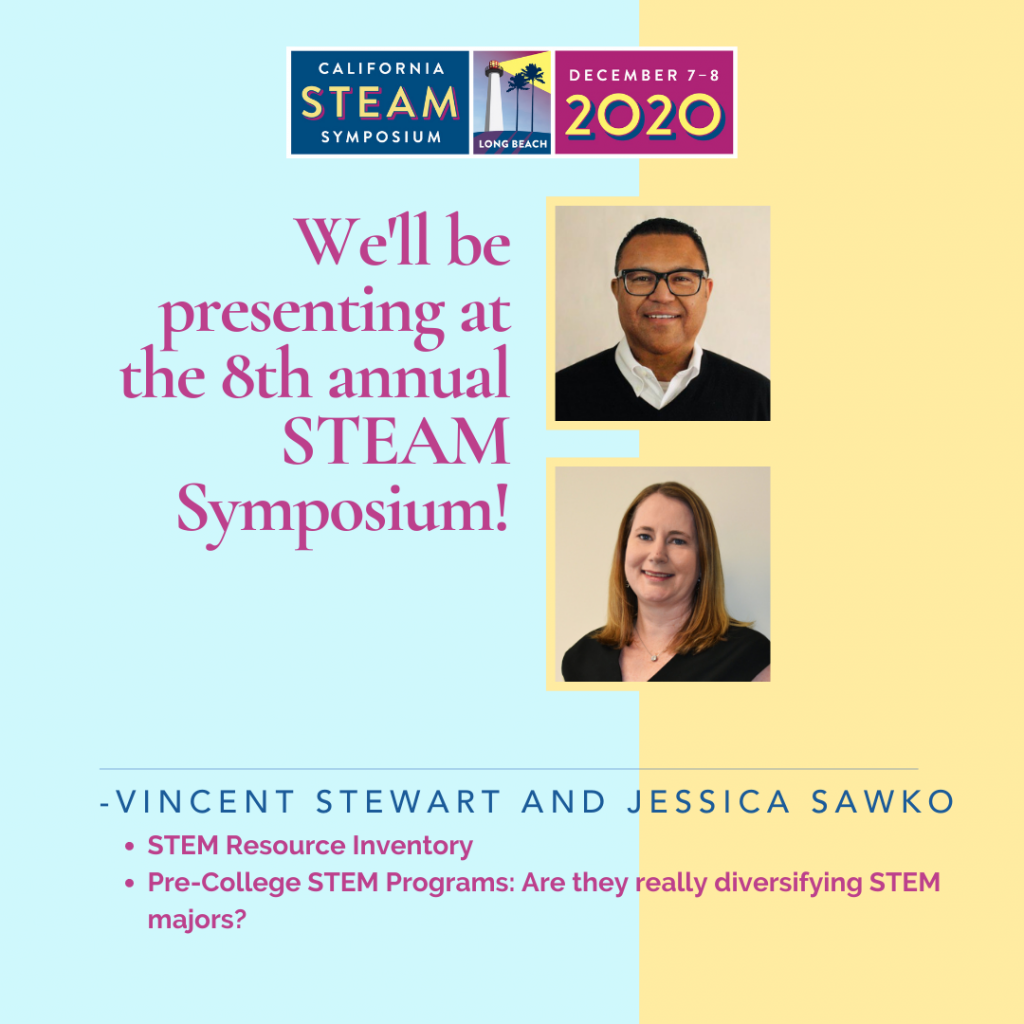Governor Vetoes LCFF Transparency and Accountability Legislation
On September 30, the final day for the Governor to take action on legislation passed during the 2019-20 legislative session, Governor Newsom vetoed AB 1835 (Weber and Quirk-Silva). The bill was co-sponsored by Children Now and would have ensured that the funding provided under the Local Control Funding Formula (LCFF) for targeted students, including students from low-income communities, students who are English Learners, and students in foster care, is actually spent to benefit those students. In his veto message, the Governor wrote he believes there is a simpler solution to the problem AB 1835 is addressing and indicated that he would direct his Department of Finance to propose language to be included in his January 2021 budget proposal for consideration by the bill’s authors. He concluded his veto message with, “We all share the same goal, and it is critical that we act quickly to ensure that funding meant to support our state’s most vulnerable students is used for that purpose.”
CA STEM Network Leading Early STEM Education State Policy Team
In September, the Education Commission of the States (ECS) invited the California STEM Network to serve as the state lead to assemble a California team to participate in an Early STEM Policy Academy that ECS will be hosting December 15 – 16. Teams from five states – California, Colorado, Indiana, Michigan and Virginia – have been invited to participate in this virtual meeting, which builds on work last year wherein ECS brought together representatives, including the California STEM Network, from multiple states to develop a set of policy recommendations to enhance STEM in P-3 Education.
The California team consists of Dr. Stephanie Gregson, Chief Deputy Superintendent of Public Instruction; Dr. Cynthia Glover Woods, Chief Academic Officer for the Riverside County Office of Education; Tanya Lieberman, Chief Consultant to the Assembly Education Committee; Casey Ward Federico of the San Francisco Office of Early Child Care and Education and First 5 San Francisco; and Vince Stewart, Executive Director of the California STEM Network.
The Early STEM Policy Academy will offer a national policy and implementation perspective from ECS and other state leaders, with an emphasis on best practices and lessons learned. The purpose of the academy is for each state team to assess, and develop a strategy to address, policy and implementation areas of need in early STEM education.
STEM Teacher Diversity, Recruitment, Training and Retention
The California STEM Network is pleased to announce that Carrie Gloudemans Hahnel will be the lead consultant on the first phase of our research project to identify effective, replicable and scalable programs to increase and improve the diversity, recruitment, preparation and retention of STEM teachers in California. It has been well documented that we have a significant and chronic shortage of STEM teachers across the state, which is even more pronounced in hard-to-staff schools, and we are lacking diversity in the teaching profession, which is particularly acute in STEM subjects. Moreover, as a state we struggle to retain teachers and our high turnover rates are in part due to inadequate preparation and support. In this initial phase of our project, Carrie will be developing the research design and methodology, conducting a feasibility analysis, identifying available data sources and recommending next steps for the future phases of the project. We are thrilled to have a researcher of Carrie’s caliber collaborating with us and look forward to providing regular updates as we move forward with this research initiative.
2020 California STEAM Symposium

At this year’s California STEAM Symposium, the California STEM Network will be conducting three breakout sessions, which will cover a range of issues including the recent launch of our online STEM Resource Inventory, which provides a one-stop-shop for identifying STEM resources supporting students and educators within the nine-county San Francisco Bay Area. In addition, we’ll be presenting on our STEM teacher research project (described above) and on our partnership with the STEM PUSH Network and the National Science Foundation to take a closer look at pre-college STEM programs and how to increase the number of students from under-represented groups who major in STEM subjects in college. We invite you to join us for any and all of these presentations and, of course, to attend the entire STEAM Symposium.
New Resource Available: A Pathway to Equitable Math Instruction

The California STEM Network is pleased to share a new resource developed by The Education Trust–West, in collaboration with a team of teachers, instructional coaches, researchers, professional development providers, and curriculum writers: A Pathway to Equitable Math Instruction. This toolkit is an integrated approach to mathematics that centers Black, Latino, and multilingual students in grades 6-8, addresses barriers to math equity, and aligns instruction to grade-level priority standards. The Pathway offers guidance and resources for educators to use now as they plan their curriculum, while also offering opportunities for ongoing self-reflection as they seek to develop an anti-racist math practice. The toolkit “strides” serve as multiple on-ramps for educators as they navigate the individual and collective journey from equity to anti-racism. Several webinars are available on the toolkit site to orient and familiarize you with the materials.
California Partnership for Math and Science Education – Resources and Consultancies
This year, the California Partnership for Math and Science Education has been working to sustain, scale and replicate some of the most successful components and structures of its professional learning-based work to support increased access to high-quality, meaningful, standards-aligned math and science teaching and learning for all students. Several resources are now available:
The Partnership is conducting monthly Math and Science Consultancies – professional learning workshops and discussions that address immediate needs related to organizational COVID-19 support. Participants share common challenges, explore resources, hear from experts, and brainstorm innovative solutions.
- Science consultancies designed to grow knowledge on implementing NGSS will have a focus on social justice and equity, and will take place November 19, December 10, January 21, February 18, March 18, and April 15.
- Math consultancies will focus broadly on creating equitable, meaningful math instruction and learning experiences in distance, hybrid and remote settings. They are moving from essential content decisions, to learnings from Rethinking Math in Uncertain Times, and then will explore A Pathway to Equitable Math Instruction (described above). These events will occur November 5, December 3, January 7, February 4, March 4, April 1, May 6, and June 3.
In addition, the Partnership is offering a virtual professional learning series on Deepening the NGSS Shifts, to support teams of science educators to embody the instructional and pedagogical shifts necessary for authentic and meaningful NGSS classrooms in distance and in-person learning environments.
The Partnership has also collaborated with the California Department of Education to create a Repository of Curated Lesson Plans to support K-8 teachers to understand how to trigger standards-aligned, innovative learning from a distance. That open source digital repository is now readily available to the public; its contents are described in a four- minute overview video on the Partnership’s website.
More information about the Partnership and its activities can be found here. If you are interested in participating in the Partnership’s structured activities, please let our team know, and we will work to secure a place for you.


